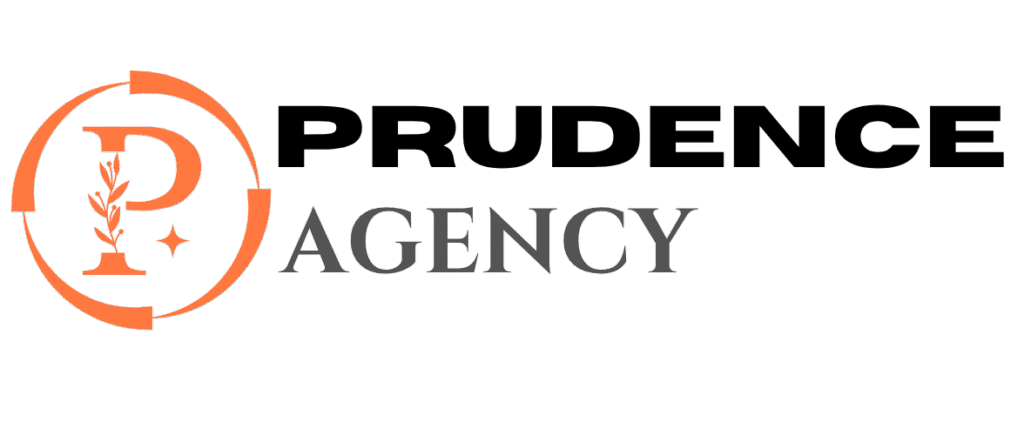Ethics in AI-Driven Game Development: Where to Draw the Line
Artificial Intelligence (AI) is transforming the gaming industry at an unprecedented pace-powering smarter NPCs, generating dynamic content, and personalizing player experiences. But as AI continues to evolve in game development, it raises crucial ethical questions. Where should developers draw the line to ensure AI is used responsibly without compromising creativity, fairness, or player safety?
Understanding Ethics in AI-Driven Game Development
Ethics in AI-driven game development refers to the moral principles that guide the design, implementation, and use of artificial intelligence within games. These principles help maintain fairness, protect users, and foster trust between developers and gamers.
Why Ethics Matter in AI Gaming
- Player Trust: Ethical AI design ensures players feel safe and fairly treated.
- Fair Gameplay: Prevents exploiting AI to create unfair advantages or biases.
- Data Privacy: Safeguards sensitive user data collected through AI systems.
- Creative Integrity: Respects original content and avoids misuse of AI-generated assets.
- Social Responsibility: Avoids promoting harmful stereotypes, misinformation, or addiction.
Key Ethical Challenges in AI-Driven Game Development
1. Bias and Fairness
AI systems can inadvertently introduce biases that discriminate against certain groups or create unbalanced gameplay experiences. For example, matchmaking algorithms might favor certain player profiles or AI characters might reinforce stereotypes.
2. Transparency and Explainability
Players should understand how AI affects their gaming experience. Transparency about how AI decisions are made builds trust and allows users to identify unfair practices.
3. Privacy and Data Protection
AI-powered games often rely on large data sets, including personal player data. Developers have an ethical obligation to protect this information and comply with privacy regulations.
4. Content Moderation and Safety
AI moderation tools may help filter toxic behaviors or inappropriate content, but overreliance can lead to censorship or mistaken bans. Balancing freedom of expression and safety is a delicate ethical issue.
5. Addiction and Manipulation
AI can tailor experiences to boost engagement and monetization, sometimes encouraging addictive behaviors or exploiting vulnerable players.
Where to Draw the Line: Best Practices & Guidelines
To navigate ethical complexities in AI-driven game development, developers should follow clear guidelines that balance innovation with responsibility.
| Ethical Aspect | Best Practice | Purpose |
|---|---|---|
| Bias Mitigation | Regularly audit AI behavior for discriminatory outcomes | Ensure fair and inclusive gameplay |
| Transparency | Inform players of AI use and decision criteria | Build trust and enable user awareness |
| Data Privacy | Implement strict data handling and anonymization | Protect user information and fulfill legal requirements |
| Content Moderation | Combine AI filters with human oversight | Balance safety with free expression |
| Addiction Prevention | Design AI to promote healthy gaming habits | Reduce risk of player exploitation |
Benefits of Ethical AI in Game Development
- Enhanced Player Satisfaction: Ethical AI improves user experience by creating balanced and respectful interactions.
- Positive Brand Reputation: Companies committed to ethical AI foster loyalty and attract a wider audience.
- Long-Term Sustainability: Responsible AI usage reduces risk of backlash, legal troubles, and costly redesigns.
Case Study: Ethical AI Implementation in “The Last Guardian”
The Last Guardian, a recent AI-enhanced game, showcases ethical AI use by focusing on transparency and player well-being. Developers implemented NPC AI that adapts difficulty based on player skill rather than data profiling, avoiding biased matchups. Additionally, user data is stored anonymously, and the AI strictly avoids using addictive design strategies. This approach fostered a loyal player base and critical acclaim.
Practical Tips for Developers
- Conduct Ethical Impact Assessments: Before deployment, evaluate AI systems for potential ethical issues.
- Engage with Diverse Teams: Involve multidisciplinary experts to identify blind spots in AI design.
- Maintain Player Agency: Allow users control over AI-driven personalization and data usage preferences.
- Implement Human-in-the-Loop: Combine AI decision-making with human judgment, especially for moderation and sensitive tasks.
- Educate Your Community: Share transparent AI design choices and invite feedback from players.
Conclusion
AI is a powerful force shaping the future of game development, but with great power comes great responsibility. Drawing ethical boundaries in AI-driven gaming means balancing innovation with fairness, transparency, and respect for players’ rights. By adopting ethical AI principles, game developers can create immersive, equitable, and enjoyable experiences while fostering trust and sustainability within the gaming community.











